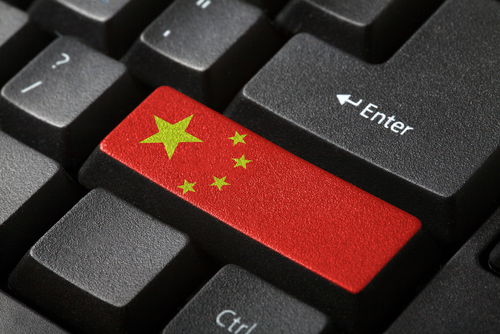China Demands Technology Firms Hand Over Source Code

Protectionism or national security? China demands foreign firms hand over source code for inspection
China’s growing hostility to foreign technology firms continues with reports that it is now demanding that if a foreign computer system is sold to a Chinese bank, the firm must surrender its source code.
The Chinese move mirrors a similar development in Russia last year, when a Russian minister suggested that Apple and SAP reveal their source code to the Russian government to prove they are not stooges for other governments’ spy agencies.
Hand It Over
The Chinese are now forcing companies that sell computer equipment to banks to hand over the source code, undergo sensitive audits and set up research and development centres in the country, according to the New York Times.
Last year, the Chinese government had reportedly pressured domestic banks to replace high-end IBM servers with similar equipment manufactured within the country, as part of a national security review.
 Essentially, Beijing wants 75 percent of the tech used by China’s financial institutions to be “secure and controllable” by 2019, the newspaper reported, citing an official 22 page document expected to be circulated to businesses in the next few months.
Essentially, Beijing wants 75 percent of the tech used by China’s financial institutions to be “secure and controllable” by 2019, the newspaper reported, citing an official 22 page document expected to be circulated to businesses in the next few months.
There is no official word yet on what “secure and controllable” actually means, but the move has triggered growing alarm among Western businesses at the hostile business climate they face when operating in mainland China.
The New York Times quoted a letter sent to a top-level Communist Party committee on cybersecurity from foreign business groups, including the U.S. Chamber of Commerce, accusing China of protectionism.
Protectionism Move?
The development signals the toxic relationship between China and the West at the moment, with America and its allies regularly accusing China of carrying out hacking attacks against Western firms.
Microsoft, Apple and other foreign tech firms have been excluded from government procurement lists for example because of “security concerns,” following the Edward Snowden revelations about NSA spying.
But it is a two way street.
The United States made life very difficult for Chinese firm Huawei to sell its products in the United States, arguing that its equipment could have “back doors”. Indeed, in a 2012 report, the Intelligence Committee of the US House of Representatives alleged that Huawei and ZTE could not be “trusted to be free of foreign state influence”, and “thus posed a security threat to the United States and to our systems”.
Huawei withdrew from the US market in 2013, partly as a result of such pressures.
Are you a security pro? Try our quiz!